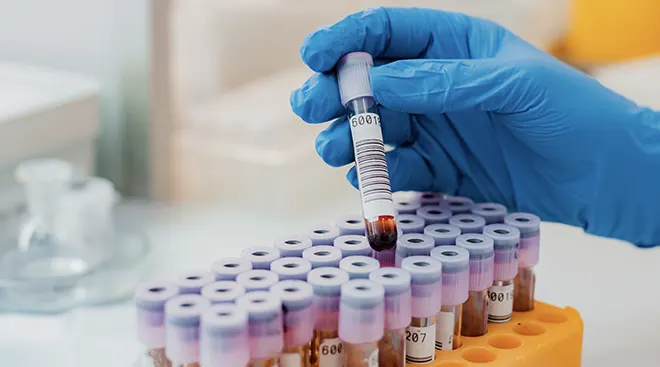New Research Identifies Nearly 300 Treatable Genetic Conditions
For expecting parents, learning that a baby might face a medical challenge is often the start of an overwhelming journey. But new research from Mass General Brigham, Harvard Medical School, and Duke University is offering something else: hope.
In a study published in the American Journal of Human Genetics, researchers unveiled a first-of-its-kind list of nearly 300 genetic conditions that can be treated either in utero or shortly after birth—potentially changing the trajectory of a baby’s life.
“We saw a critical gap in prenatal care and an opportunity to define the genetic disorders that are treatable during this time,” said Nina Gold, MD, director of Prenatal Medical Genetics at Massachusetts General Hospital. “These conditions are actionable—meaning that, empowered with diagnostic information, we can intervene early and improve outcomes.”
The team reviewed literature to identify 296 conditions ranging from heart and blood disorders to neurological and gastrointestinal diseases. Some treatments may begin before birth, while others can be managed immediately after delivery—such as with medications, surgery, or nutritional therapies—to prevent long-term harm.
“One of our goals is to expand the options that a family has during pregnancy,” said Jennifer Cohen, the study’s lead author and a medical geneticist at Duke University Hospital. “These lists of genes are meant to provide the possibility of early intervention, which in some cases may change the natural history of the disease.”
Still, researchers acknowledge that offering this information to parents can be complex. From ethical considerations to emotional overwhelm, the study emphasizes the need for a collaborative care approach.
“Our goal in creating this targeted list of treatable fetal findings is to improve care, but we are sensitive to the challenges for physicians, genetic counselors, and patients when it comes to navigating new health information during pregnancy or immediately after the birth of a child," said Gold. “This is why it’s so important to work as a care team to empower our patients and provide them with the clearest information possible.”
Navigate forward to interact with the calendar and select a date. Press the question mark key to get the keyboard shortcuts for changing dates.





















































